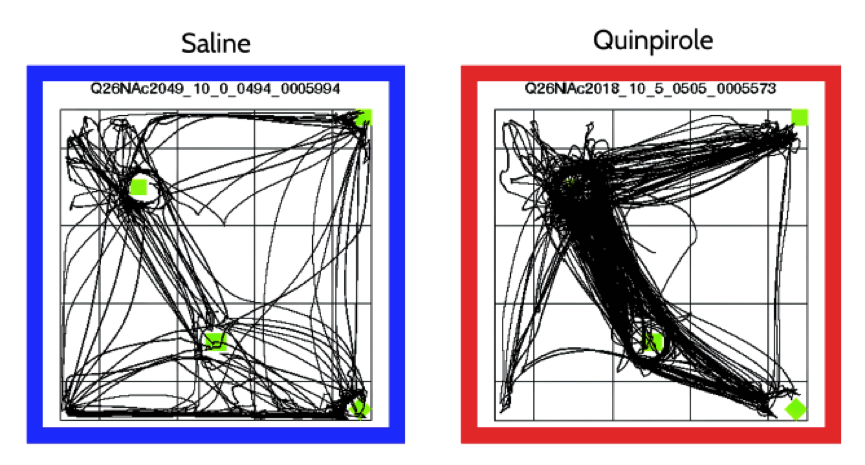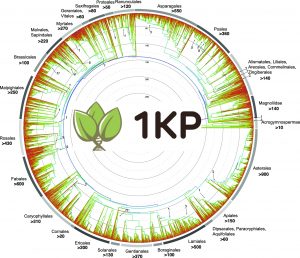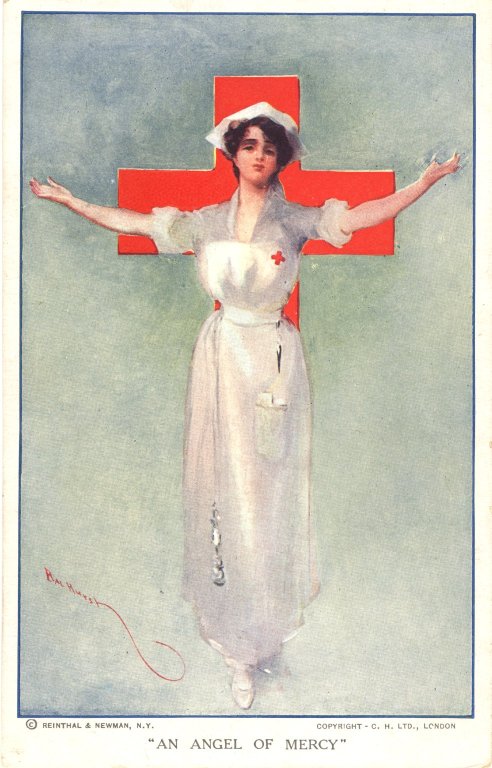
Kevin Ashley’s (DCC director) closing remark at the IDCC (International Digital Curation Conference) 2024 meeting was “ Reflect, Enjoy, Do something! ”. Hopefully you will enjoy my doing something.

Kevin Ashley’s (DCC director) closing remark at the IDCC (International Digital Curation Conference) 2024 meeting was “ Reflect, Enjoy, Do something! ”. Hopefully you will enjoy my doing something.

A study published in GigaScience provides an enormous amount of behavioural science data, presented in a detailed videographic virtual library, that was used to explore Obsessive-Compulsive Disorder (OCD) in an animal model.
The International Neuroinformatics Coordinating Facility (INCF) had its annual Neuroinformatics Assembly from 12 th -16 th September 2022.

Lessons learned in the evolution of large-scale data sharing New studies out today elucidate the framework for 1 billion years of green plant evolution. The work are the results of nearly a decades work from an international consortium of nearly 200 plant researchers generating gene sequences from more than 1100 plant species.

Today we have a guest posting from F1000’s Iain Hrynaszkiewicz covering the topic of medical data sharing One of the world’s most influential medical journals recently highlighted data sharing as an important issue to be addressed if we are to improve the quality of reporting of biomedical research.
 ni…”) Image via Wikipedia While there has been a lot of talk about data repositories and data publication there remains a real lack of good tools that are truly attractive to research scientists and also provide a route to more general and effective data sharing.

Image via Wikipedia Quite some months ago an article in Cancer Therapy and Biology by Scott Kern of Johns Hopkins kicked up an almighty online stink.
I’ve avoided writing about the Climate Research Unit emails leak for a number of reasons. Firstly it is clearly a sensitive issue with personal ramifications for some and for many others just a very highly charged issue. Probably more importantly I simply haven’t had the time or energy to look into the documents myself. I haven’t, as it were, examined the raw data for myself, only other people’s interpretations.
A very interesting paper from Caroline Savage and Andrew Vickers was published in PLoS ONE last week detailing an empirical study of data sharing of PLoS journal authors. The results themselves, that one out ten corresponding authors provided data, are not particularly surprising, mirroring as they do previous studies, both formal [pdf] and informal (also from Vickers, I assume this is a different data set), of data sharing.